How is speciality coffee scored?
Coffee is coffee. Right? Not really. You see, with there being so many different varieties, grown in different conditions, they all have their own characters. Just take a look at our Best Coffee Tasting Guide to find out how many subtle flavours and varieties there are. This can make them difficult to compare with one another: like apples and oranges.
To help get around all these different characteristics and give us a system to compare each bean, the SCAA (Specialty Coffee Association of America) developed a way to give each coffee a score out of 100.
To be considered a Speciality Coffee, it must have scored 80/100 or higher and must be free from defects. This is where Speciality Coffee rises above the rest of the competition.
The Competition
For example, typical scores for supermarket coffee, blends and instant would be in the range of 65-80. They are cheaper and, well ... nothing really special.
Stepping up into the Speciality Coffee range would see scores of 80+. This would bring a broader range of subtler flavours within each bean and they would be more balanced.
If the speciality coffee scored 90 and above, it would be a Presidential Award coffee. They are considered to be so good, and so rare, that they make up less the 1% of the speciality coffee market.
Coffee Points
Tasters perform multiple 'Cuppings' (See our Best Coffee Tasting Guide for more details on that) and coffee points for multiple criteria are awarded.
In some ways, it's like scoring gymnasts: it's about the deductions for fault, rather than awards for excellence. It's also like rating a diamond, where values for Cut, Clarity, Colour, etc all combine to give an overall score.
- Defects
If there are any defects detected in a cup, the coffee can lose 1-3 points (which will be multiplied by the number of cups in which the defect is detected).
- Sweetness
There are many types of sweetness. Especially in speciality coffee - remember, we aren't talking about a mug of bitter, brown instant here. There can be a honey sweetness, or a fruity sweetness, as well as sugar sweetness. There are many more, and the more distinctive and pleasurable, the higher the score.
- Acidity
Some acidity is a good thing. It can help balance out the flavour. But, obviously, too much is a bad thing. Like sweetness, there are different types of acid: green apple, garden peas, or citric lemon. We don't want to be blown away here, but a little is nice to have.
- Balance
A higher score will be given to a coffee that can find a nice balance between sweetness and bitterness.
- Mouthfeel
Coffees can feel different in their thicknesses in the mouth. The way that a fruit juice feels different to a fruit smoothy, or cream feels different to milk. The viscosity will be different. They all have there pros and cons, it's about being consistent.
- Flavour
And you thought this would be all it was about. Well, it's all important when scoring speciality coffees. Where the criteria above are all about what happens in the mouth, about 80% of flavour happens behind your nose. Have you ever tried tasting something whilst holding your nose? Try it. You lose a lot of the flavour. To get a high score, the coffee will have well-developed flavours like chocolate, berry, nutty, etc.
So there you go. A lot of time and consideration will have gone in to finding some of the best available coffee that goes into Speciality Coffee. Weeding out the defective, the unpleasant, the unbalance, and the overly bitter varieties that will end up on most supermarket shelves or in instant blends. Speciality coffee is proper coffee. And it's even better when you enjoy it freshly roasted.

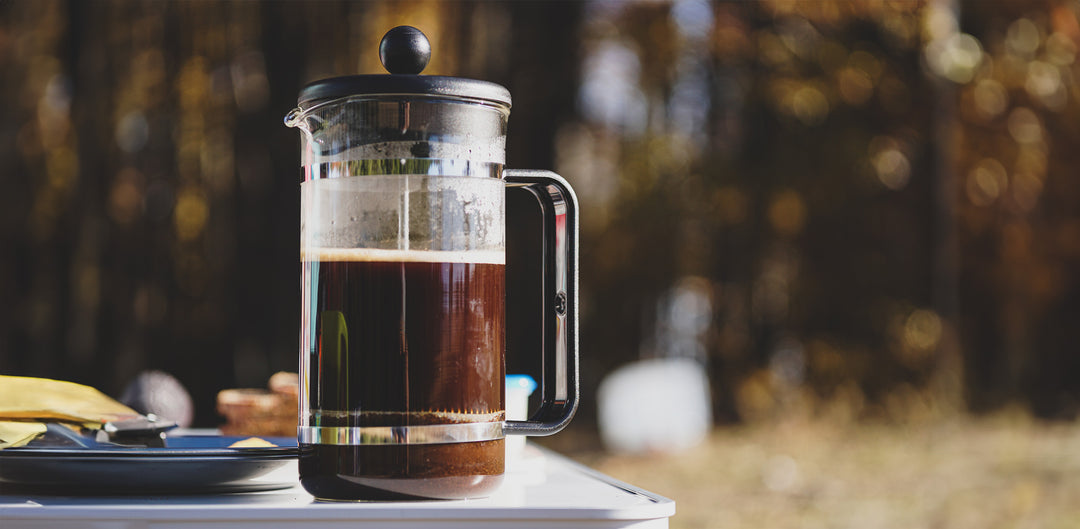
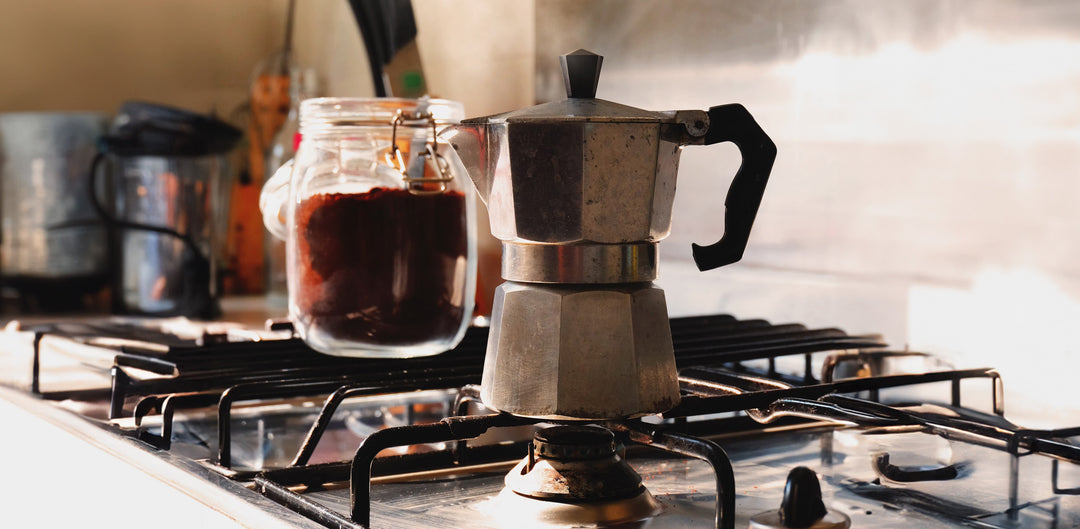
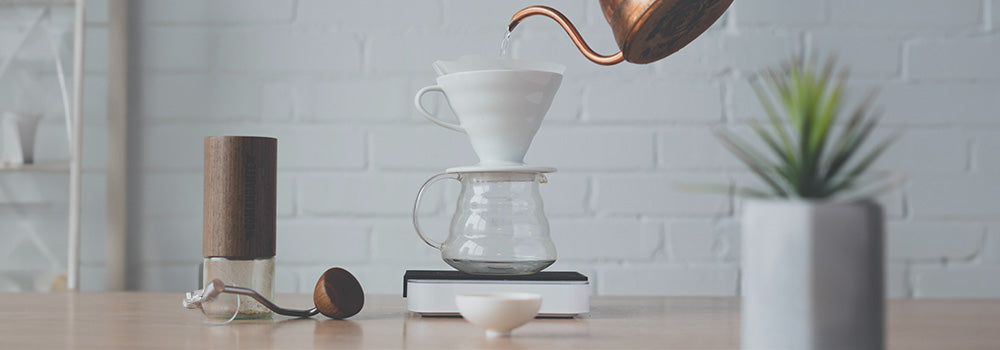
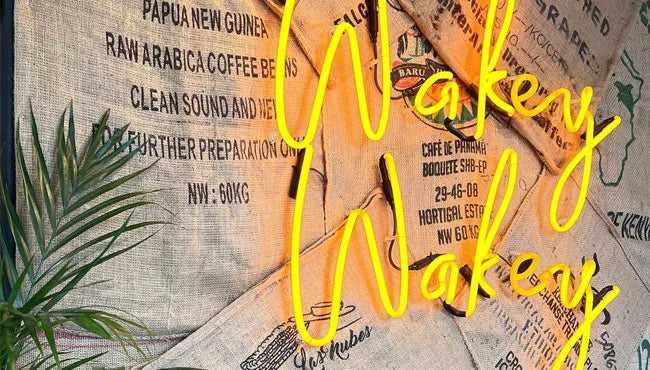
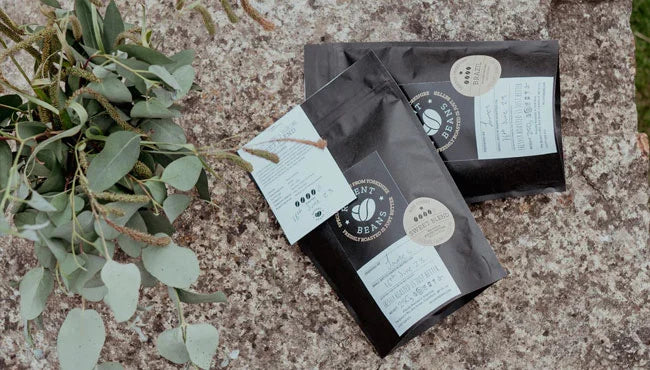
Leave a comment